On Tuesday, 7 April the Dutch Eerste Kamer approved an urgent bill digital decision-making for local authorities, de spoedwet digitale besluitvorming. The law ensures that municipal councils, provincial states, water boards as well as island councils will be able to take decisions digitally for as long as they cannot meet during the Corona crisis (it now applies until September, with a possible extension). The law does not, however, provide for possibility of digital decision-making for the national parliament in the Netherlands, i.e. the Tweede Kamer and Eerste Kamer. Both chambers still meet in person, though plenary sessions have been scratched from the agenda save for the most urgent ones relating to Covid-19.
Europe to the rescue? EU funds and the COVID-19 crisis – who gets what, how and why
- General
- Corona
- Arts and Social Sciences
- Business and Economics
- Law
In recent weeks, the divisions between North and South, as well as the creation of European corona bonds have dominated most European debates. At the same time, there has been contradictory information regarding the financial aid mobilised by Brussels in response to the COVID-19 pandemic. The objectives of this brief analysis are twofold. First, it seeks to clarify and provide an overview of what European Union (EU) financial resources have been mobilised so far to fight the pandemic, what is their distribution and towards whom. Secondly, it discusses the problematic aspects surrounding the financial support offered by Brussels and the Member States. Overall, I argue that although the current European rescue package is significant in size, when designing and presenting it, EU institutions and Member States faced several communication, financial and politico-administrative obstacles, often of their own making. This might explain, at least partially, why so many members of the European public are still sceptical or have a negative attitude towards the EU’s response to the coronavirus crisis.
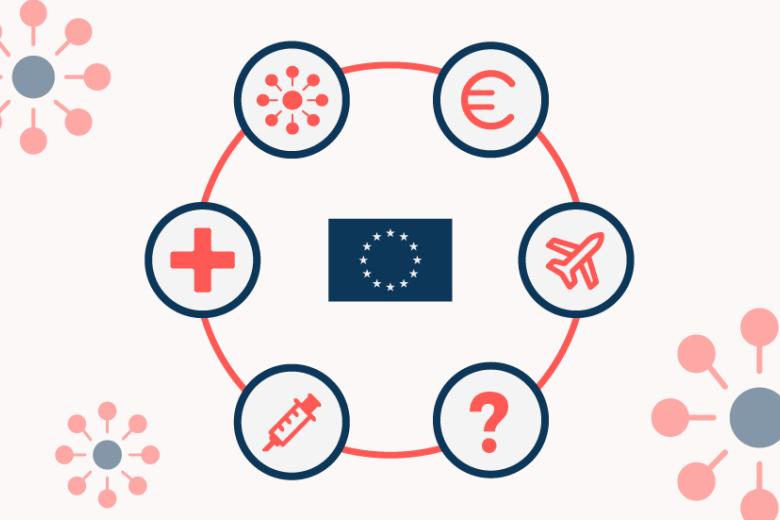
For a European management of the fight against the SARS-CoV-2 pandemic
- Corona
- Law
The SARS-CoV-2 pandemic, which has been hitting Europe hard for several months, has not been anticipated by anyone including the European Centre for Disease Prevention and Control, 1 the core functions of which include surveillance of infectious diseases and epidemic intelligence. Governments of EU member states took action, which led some commentators to celebrate the return of nation states and the collapse of the EU.

COVID-19, asylum in the EU, and the great expectations of solidarity
- Corona
- Law
Stay at home. Wash your hands frequently with soap and water. These simple indications could help save lives and flatten the coronavirus curve. Unfortunately, things are not so simple for the almost 39,000 asylum-seeking men, women, and children, among them thousands of unaccompanied children, residing on the Greek Aegean islands.
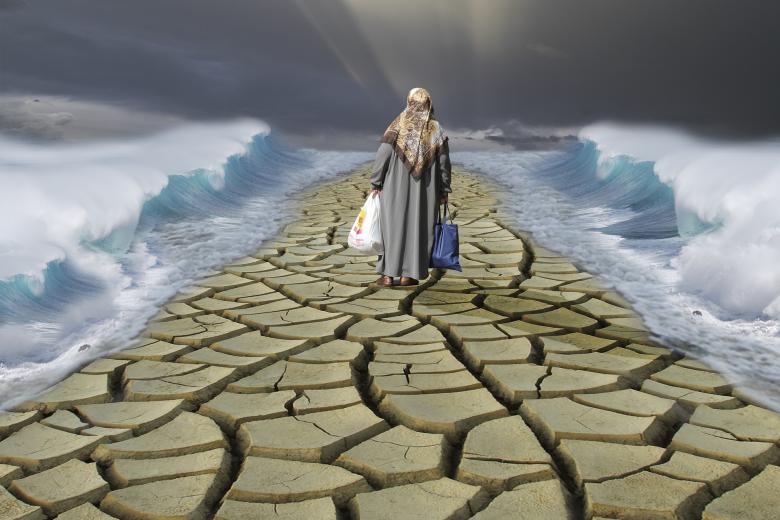
Thinking of getting a trade mark for “Covid” or “CoronaVirus”? Don’t!
- Corona
- Law
While at first glance this may seem like a chance to strike when the iron is hot, registering ‘Covid’ or ‘CoronaVirus’ as a trade mark faces several hurdles and rightly so: the trade mark may not be distinctive and will be considered immoral.

Update (II): “Public health and privacy” and not “Public health or privacy”
- Corona
- Law
In the evolving COVID-19 scenario in which business continuity also depends on adequate data protection and cybersecurity practices on the part of organizations, knowledge mapping of privacy & data protection guidance and cybersecurity best practices has taken on an even more important role.
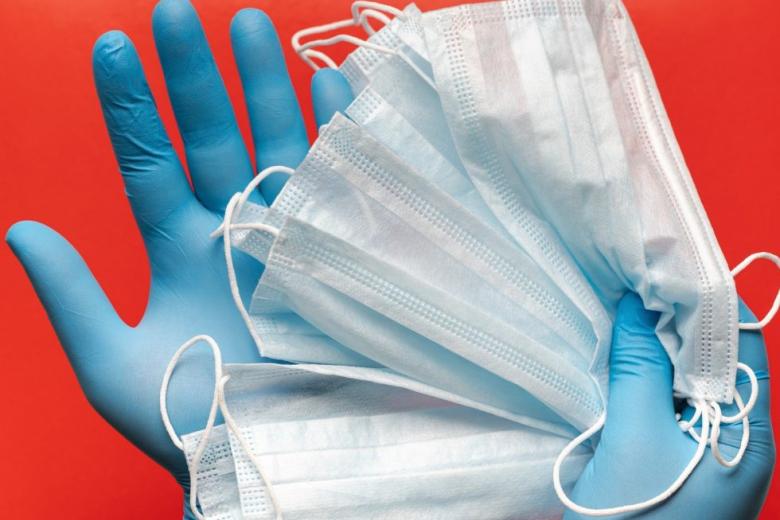
Parliaments in times of a pandemic – How to ensure functionality?
- Corona
- Law
The current pandemic caused by the Corona virus has had a decisive impact to all areas of life: from moving school and University education online, to shutting down non-essential businesses while a range of emergency measures were adopted throughout the world for those finding themselves unemployed as a result, to global travel restrictions and the closing of national borders even within the Schengen area, there is hardly any area has not been affected by the outbreak.

Three countries, three ways of counting?
- General
- Corona
- Arts and Social Sciences
- Business and Economics
- Law
Comparing figures on corona infections and mortality can be misleading
The number of people dying in Belgium from the effects of the Coronavirus (COVID-19) is higher than in neighbouring countries. This high mortality rate makes it seem as if Belgium is not doing as well as its neighbours. The Dutch newspaper De Volkskrant even reported on 17 April that Belgium is the European leader in terms of the number of deaths. In the Netherlands, on the other hand, the statistics agency CBS reported that the actual number of deaths in a week is up to twice as high as officially reported. The figures from Germany are also surprising for many experts. To this day, it is a mystery why the mortality rates in Germany are so low. How is it possible that the differences between these three countries are so great? In order to find out, we need to take a closer look at the statistics and the way in which corona infections are reported.
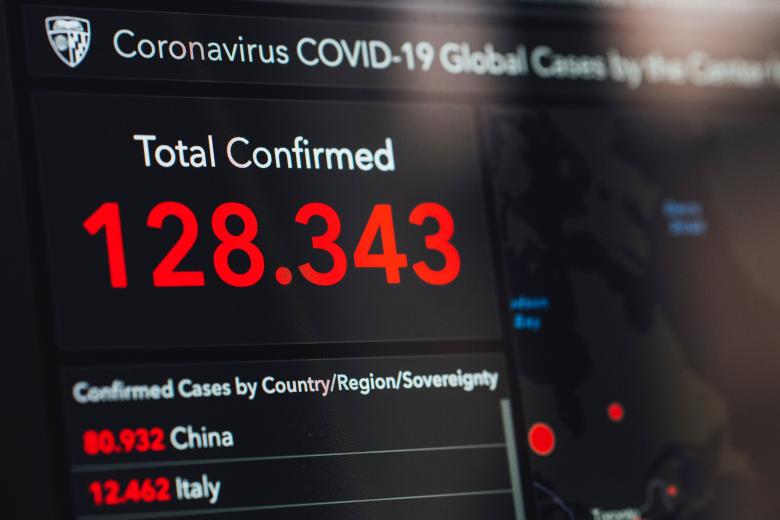
"PUBLIC HEALTH AND PRIVACY" and not "PUBLIC HEALTH OR PRIVACY": Surveillance in the fight against COVID-19
- Corona
- Law
“Hopefully COVID-19 will be gone at some point, but tracking technologies may stay for longer and permanently hamper the rights and freedoms of individuals”.
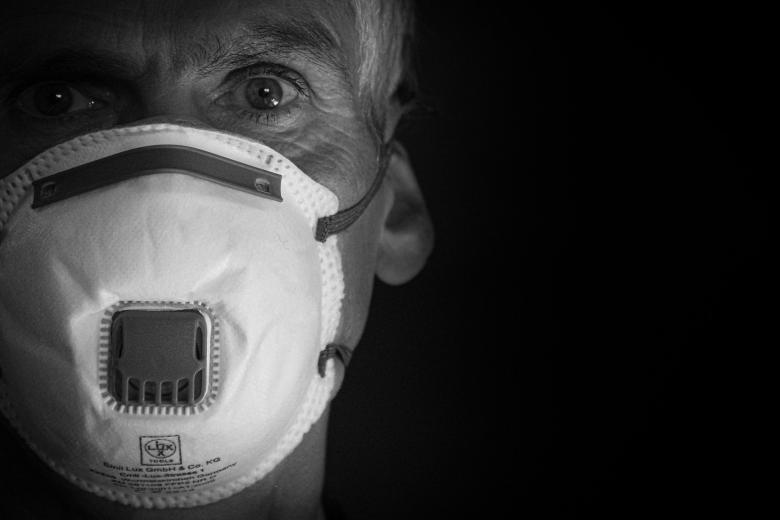
Dealing with COVID-19: the hammer and the dance
- General
- Corona
After the press conference last Tuesday, we now know that the restrictions on our lives will only be slightly lifted in an attempt to slowly and carefully return to something we once called ‘normal life’. The Netherlands is also choosing an approach that epidemiologists are calling ‘the hammer and the dance’. The term was coined in a much-cited article by Thomas Pueyo, a prolific health writer, which was published on the online platform Medium in March.

